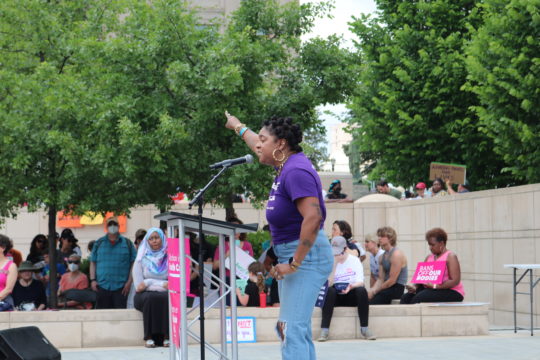Erica Hensley is the Executive Coordinator and Special Projects Manager. Before her current role, she was a public health and data reporter for The Fuller Project based in and covering the South, with a particular focus on reproductive health and equity.
Before joining The Fuller Project, she freelanced and worked as an investigative reporter focusing on public health for one of the first Southern non-profit digital outlets, Mississippi Today, where she was a Knight Foundation fellow and her COVID-19 work helped put national attention on Mississippi’s response to the COVID-19 pandemic. She was the inaugural recipient of the Doris O'Donnell Innovations in Investigative Journalism Fellowship and won Atlanta Press Club's investigative reporting award for her work on lead exposure in Georgia.
Erica received a bachelor’s in print journalism and political science from the University of Southern California and a master’s in health and medical journalism from the University of Georgia.
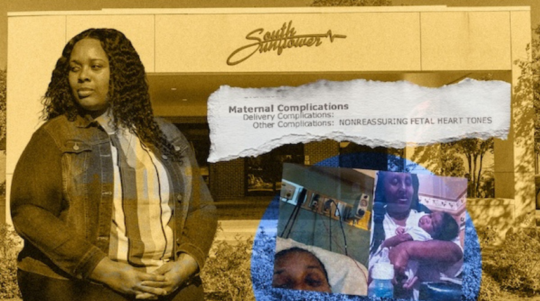
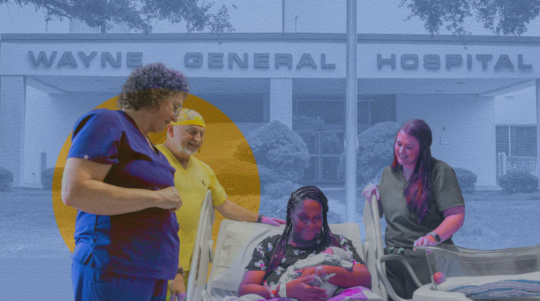
Mississippi’s C-section problem: A third of low-risk women are undergoing surgery for their first birth

Mississippi’s C-section problem: A third of low-risk women are undergoing surgery for their first birth
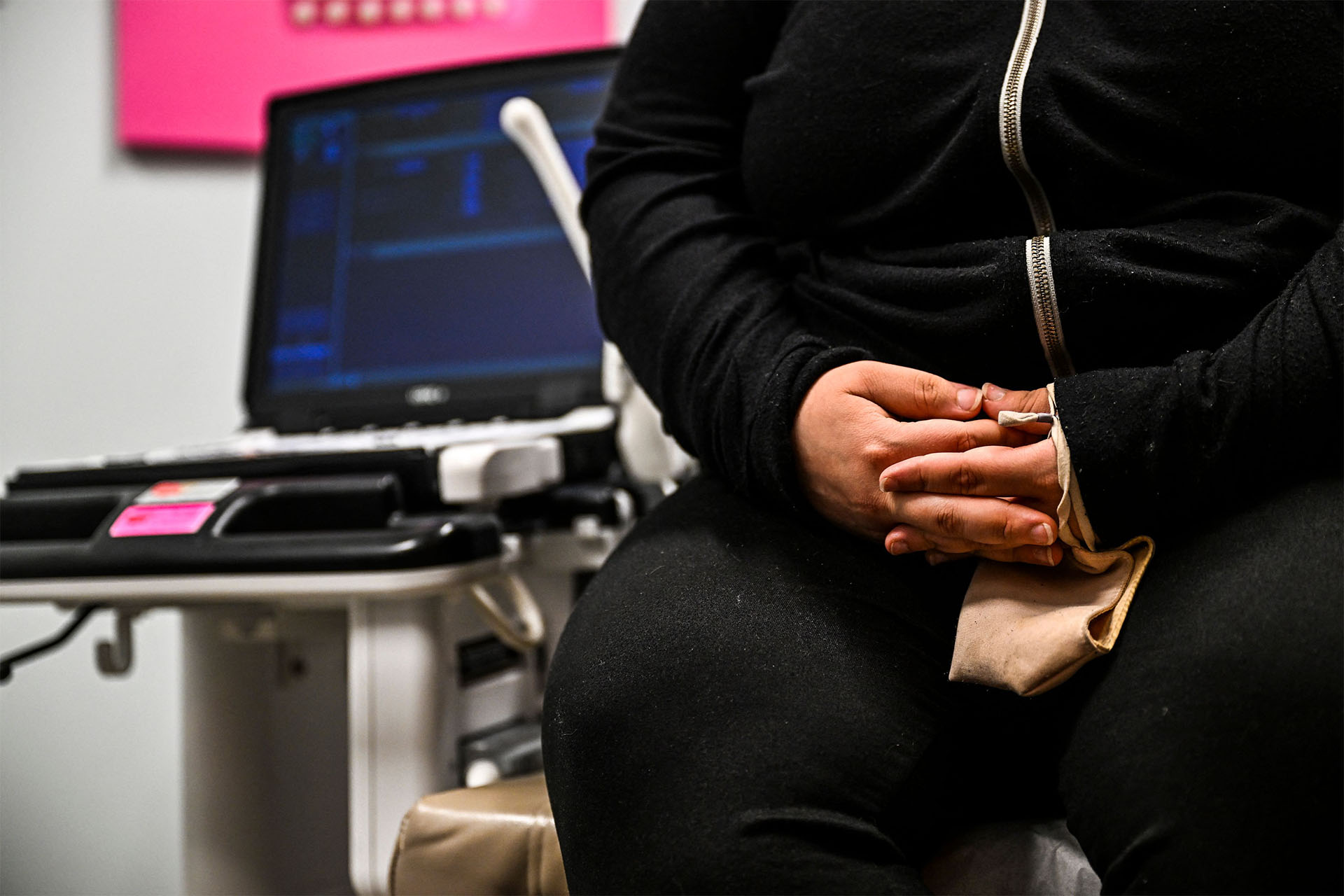
How abortion restrictions compare, state-by-state
Related: How a network of college students is preparing for post-Roe campuses
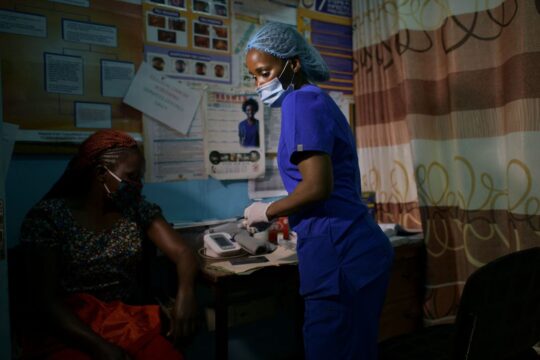
A global group of female community health workers is descending on the UN

In a new government report, a doctor seeks answers to her mother’s health conditions

Born still, in legal and medical limbo
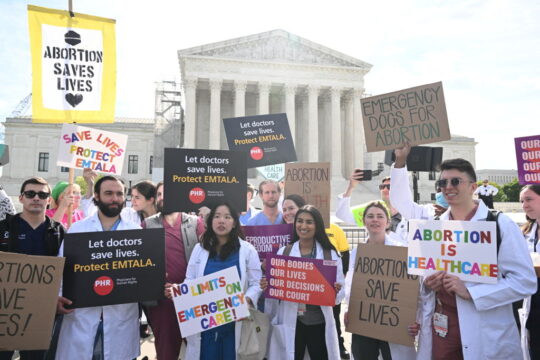
How the latest abortion case in front of SCOTUS worries maternity-care advocates

Reporter’s Notebook: ‘Incredibly unjust’ — How medical research feeds a vicious cycle of inequality

‘My community is still dying’ — How the dearth of Black women in clinical research worsens health disparities
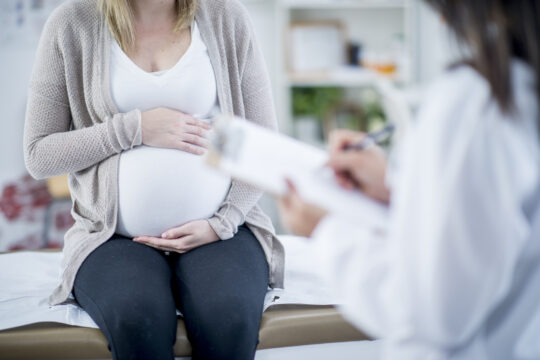
New federal report calls out clinical trials for excluding pregnant women
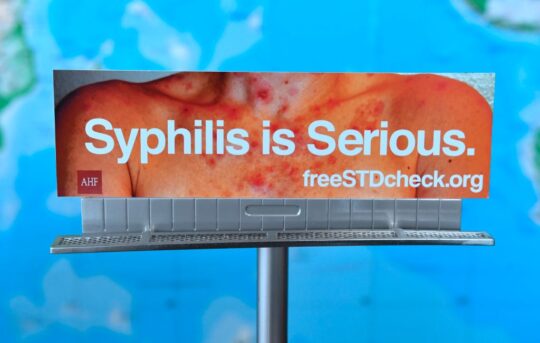
‘We’re waving our white flag’: What physicians say they need from the U.S. to stop syphilis spread

States owe Historically Black Colleges and Universities billions, disproportionately harming Black women
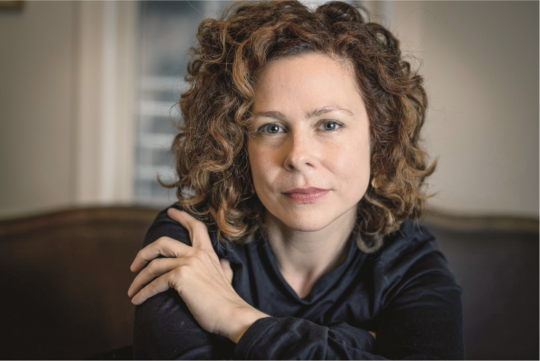
Author Cat Bohannon on post-Roe America, asteroids and the medical “male norm”
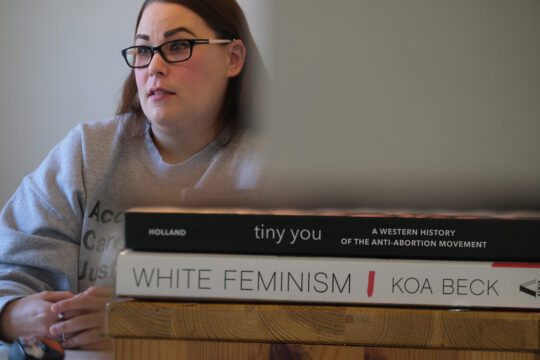
The Carolina Abortion Fund: A lifeline for Southern women, struggles to meet demand amid state bans
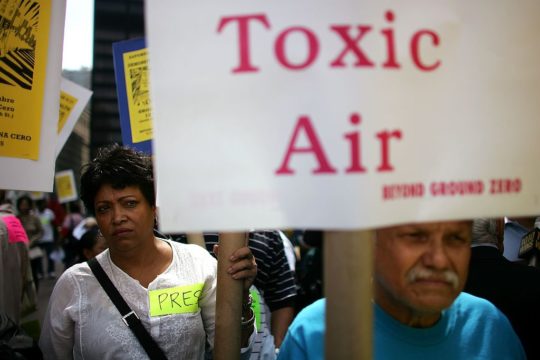
Women left out of 9/11 benefits finally eligible for health care, compensation

The only cancer that won’t get covered for women of 9/11
